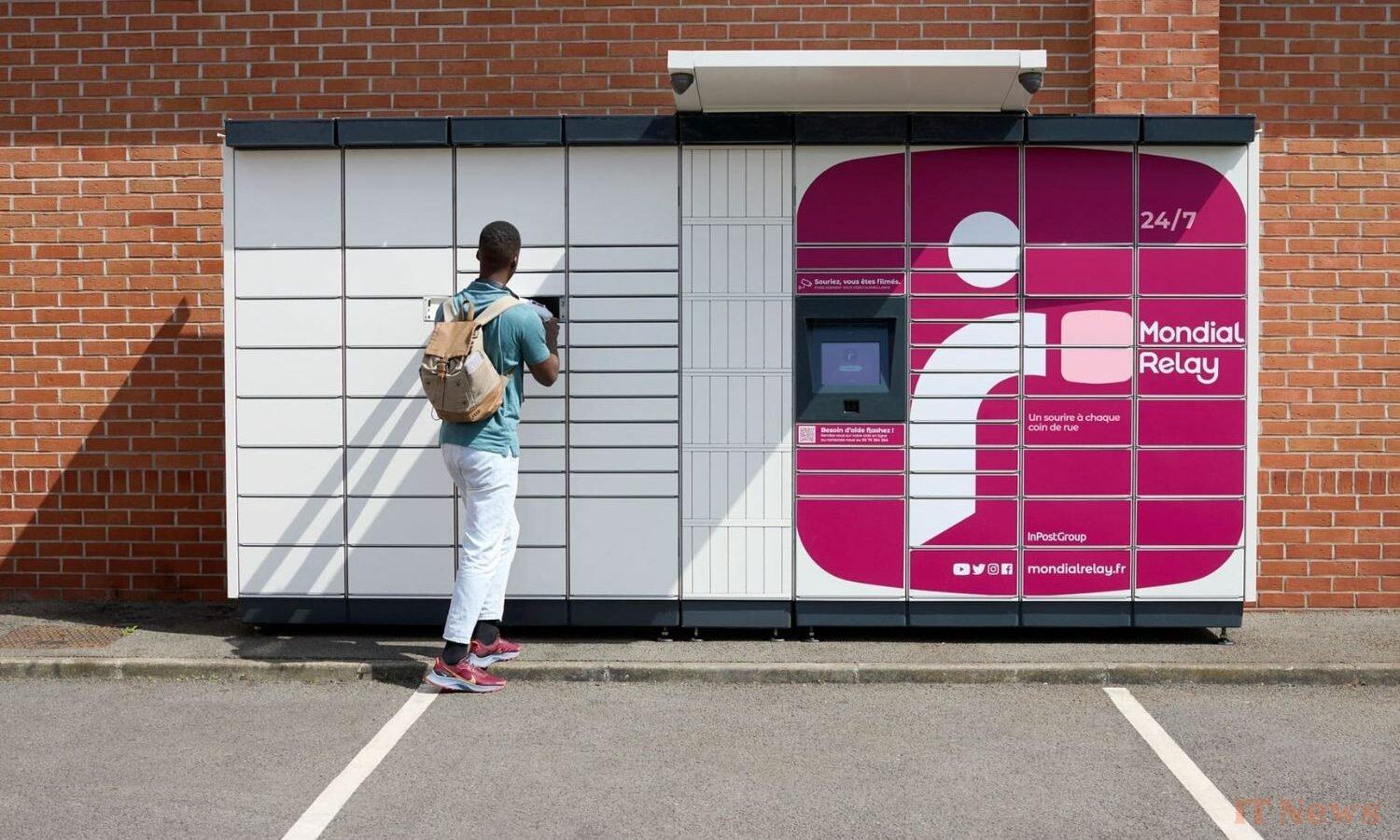It's the end of an era for Mondial Relay. The parcel delivery giant has embarked on a major restructuring. The goal: to improve its network of Relay points, while reducing the number of its partner merchants. While the idea may seem counterproductive, it actually aims to intensify the deployment of its automated lockers. For the general public, the initiative is presented as an adaptation to new consumer behaviors. However, it raises serious concerns among small businesses, particularly in rural areas, who are losing both a secondary source of income and a way to attract new customers.
A Logical Optimization
A few months ago, many partner merchants received a standard letter, soberly signed by the "Mondial Relay network management," informing them of the unilateral end of their collaboration. The logistics company justifies this choice by its desire to "streamline" and "optimize" its network of delivery points. This restructuring concerns several thousand relay points. Mondial Relay's business model now assumes a priority for automated lockers, accessible 24/7, to the detriment of partnerships with local businesses. According to an Opinion Way study carried out in January 2024, 52% of French people prefer out-of-home delivery, with an almost equal split between those who use relay points (27%) and those who use automated lockers (25%). It is therefore logical that the operator has already deployed nearly 7,000 lockers across France and plans to increase these installations in the coming months. A hard blow for partner retailers. For the retailers concerned, this break in partnership represents a double economic blow. Managing a relay point generally earned them between 300 and 1,000 euros per month depending on the volume of parcels handled (for a unit price of around 0.40 per parcel). Beyond this direct remuneration, the relay activity generated a regular flow of visitors, potentially convertible into customers for their main business.
Mondial Relay's strategy, while responding to certain changes in purchasing behavior, raises questions about territorial equity in access to services. By favoring lockers, generally more profitable in densely populated areas, the company risks reinforcing inequalities between urban and rural areas. For the time being, the company has not communicated on possible support measures, in certain areas where the closure of traditional relay points will not be compensated by the installation of automated lockers.



0 Comments